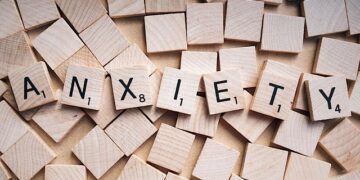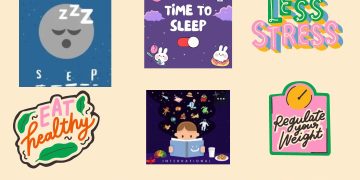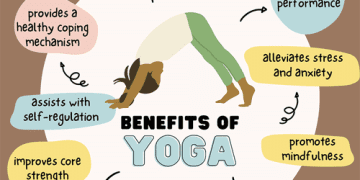
Mental Health in Juvenile Offenders

J is for Juvenile for #BlogchatterA2Z Mental Health in Juvenile Offenders. Criminal behaviour often originates from social environment, psychological development, or biological influences. By studying an adolescent’s upbringing, we can better understand their connection with the law. This understanding is key to assessing whether criminal acts result from free will. The belief among thinkers is that if a crime results from free will, we can do little to correct it. Hence, advocates of this viewpoint think that education and reform are a must during detention; not just corrective measures. This method minimizes psychological and social harm while nurturing positive personal growth. Thus, reducing the chances of future criminal behaviour.
Reformative Justice for Juveniles
Juveniles, defined as persons below the age of majority, require expert care and intervention. Unlike adults, they are not subject to the same legal consequences for their crimes. Instead, they keep them in rehabilitation rather than punishment. The juvenile justice system emphasizes on; humane treatment, separation from adult criminals, access to legal aid, and awareness of individual rights. Through tough diversion programs and proportionate judgments, we can steer juveniles from delinquency. This leads towards successful integration into society.
Understanding the Claim of Juvenility
The claim of juvenility allows adolescents to challenge their status as adults in legal proceedings. They can raise this claim even after the dismissal of the case. Courts consider various factors, together with school records and the date of the offence, to determine a juvenile’s age. Discrepancies in these calculations demand clear and consistent application of juvenile justice laws.
Measures for Effective Rehabilitation
The rehabilitation of juveniles needs a multi-layered approach involving various professionals and methods. Prevention efforts focus on underlying issues through awareness programs and community participation. Rehab methods offer substitutes for old-style detention. Intervention approaches target the root causes of delinquent behaviour. These interventions include early childhood care, vocational training, and counselling. The goal is to arm juveniles with the skills and support necessary for successful rehabilitation into society.
Mental Health in Juvenile Offenders
Challenges and Opportunities
India has made progress in changing juvenile justice, but there are still problems in making sure kids get real help. Being in jail or breaking the law can affect kids’ mental health, so they need a lot of help. Punishing kids who break the law Kids who break the law, make things even worse. We need to make people understand and help these kids feel accepted and supported. If we focus on helping with mental health and rehab programs, we can uplift young people in India.
Promoting Mental Health Awareness
As many young people are having mental health problems, we need to do things to help them feel better. Talking openly about mental health and making it okay to ask for help can make a big difference. It’s important to check on young people’s mental health regularly and make sure they can get help. If we include mental health care, we can help youngsters feel better and learn how to cope with tough times.
Addressing Juvenile Delinquency
When young people break the law, it’s a big problem for society. We need to understand why it happens and help them change their behaviour. Not having money, attention from parents, and peer pressure can make young people do the wrong things. To stop this, we have to help them; with support from friends, family, school, and getting help with their emotions. Early support can make young people learn to make better choices and have happier lives.
Conclusion: Prioritizing Mental Health and Rehabilitation
Mental health is important, especially for young people who have made mistakes. We have to figure out why they indulge in criminal activities. And help them change to make our society fairer and kinder. By talking openly, supporting each other, and giving specific help, we can make sure everyone gets to do well and be helpful.
This post is part of Blogchatter’s CauseAChatter
I am participating in #BlogchatterA2Z
- A- Anxiety Disorders
- B-Bullying-A growing concern for Adolescents
- C- 10 Ways to Cope with Stress for Adolescents
- D-Supporting Adolescents with Depression
- E-Eating Disorders in Adolescents in India
- F- Role of Family in Adolescent Mental Health
- G- Supporting Adolescents in Gender identity
- H-Harmful Substance Abuse in Adolescents
- I- Helping Adolescents Navigate Identity Confusion









